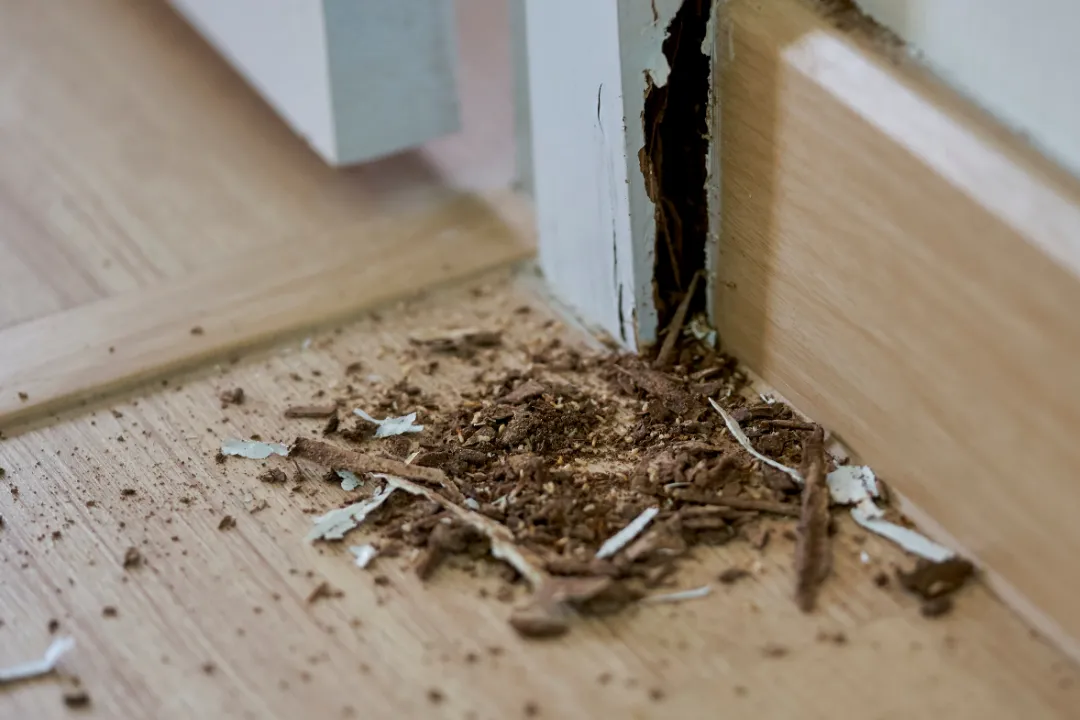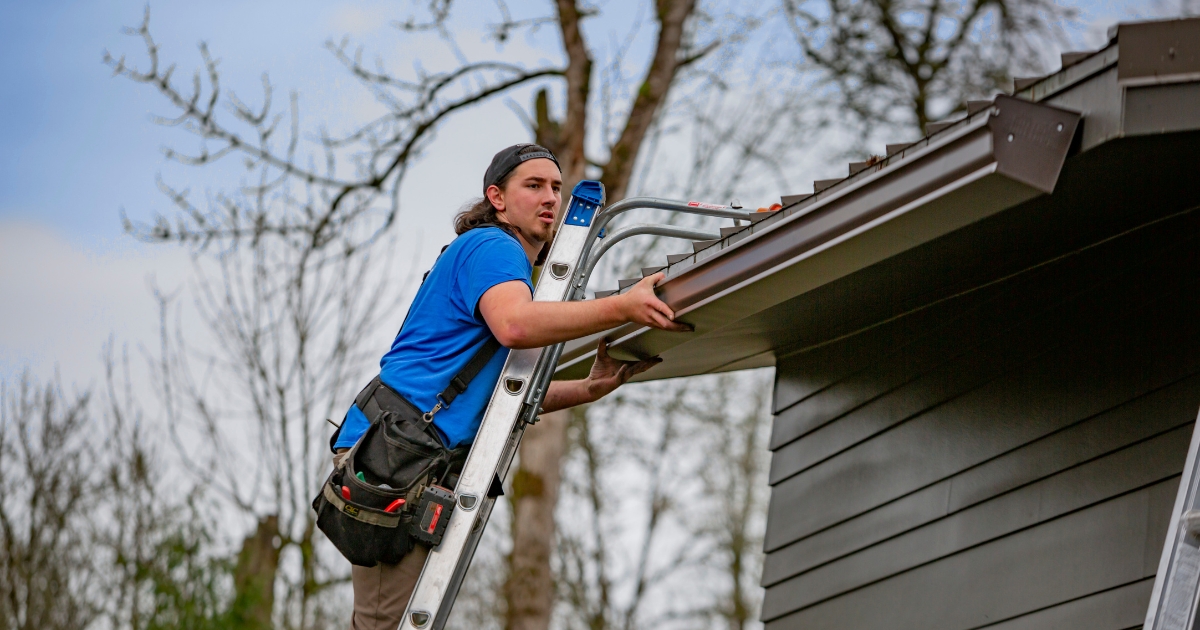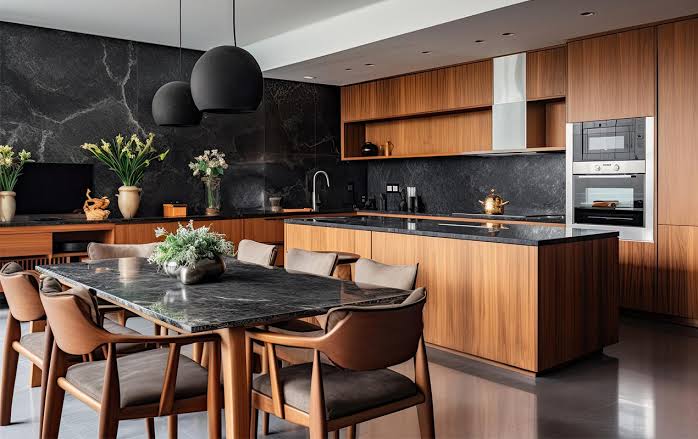Have you ever experienced the sudden, unsettling sound of a gurgling drain in your building? It’s enough to send shivers down any building owner’s spine. Sewage backups are messy, causing inconvenience, frustration, and potential health hazards.
But fear not! This guide will equip you with ample knowledge to become a sewage backup prevention pro. We’ll delve into the causes, warning signs, effective strategies to keep your building’s plumbing system flowing smoothly, and most importantly, when to call NLK professional plumbers in Point Cook. By understanding the “why” and “how” of sewage backups, you can take proactive steps to avoid this unpleasant situation altogether.
What is a Sewage Backup?
Think of your building’s plumbing system like a highway. Wastewater travels through pipes from toilets, sinks, and showers, eventually reaching the main sewer line. A sewage backup occurs when a blockage in this system causes wastewater to flow back into your drains and fixtures. This can be a highly unpleasant and unsanitary experience, not to mention potentially damaging to your property.
Causes of Sewage Backups
There are multiple causes for which you can experience sewage backups. Here are the usual suspects, as mentioned by reliable plumbers:
- Grease Build-up: Just like how fat clogs your arteries, grease can solidify and cling to the insides of your pipes. Over time, this build-up narrows the passage and eventually creates a blockage.
- Foreign Objects: Toilets aren’t magic portals! Flushing anything except human waste or toilet paper (baby wipes, feminine hygiene products, or even coffee grounds) can cause major clogs.
- Clogged Pipes: Accumulating debris, grease, or foreign objects in the pipes obstructs sewage flow and eventually causes backups.
- Tree Roots: Those beautiful trees outside your building might have sneaky plumbing-wrecking roots. Tree roots can burrow into pipes, causing cracks and blockages.
- Broken or Collapsed Pipes: Unfortunately, pipes don’t last forever. Old or damaged pipes can crack, collapse, or sag, hindering wastewater flow and causing backups.
Steps to Prevent Sewage Backups
Preventing sewage backups is not just about addressing the issue when it arises but also about taking proactive measures to ensure it never happens in the first place. Here’s how plumbers in Point Cook suggest the ways to prevent backups before they happen:
Educate
A little knowledge goes a long way. Inform your family and everybody else who uses the toilet about what can and cannot be flushed down the drain. Emphasise the importance of only flushing toilet paper and human waste. Clear guidelines can help prevent accidental clogs and reduce the risk of sewage backups.
Install Drain Traps
Consider installing drain traps in common areas like kitchens and bathrooms. These traps, also known as strainers or guards, act as a barrier to catch debris before it enters the main drain. Drain traps help prevent clogs and maintain optimal drainage flow throughout the building by capturing food particles, hair, and other solids. Regularly clean and empty these traps to ensure continued effectiveness.
Schedule Regular Maintenance
As your car needs regular service, your plumbing system also needs regular check-ups. Schedule professional drain cleaning at least every 1-2 years to remove build-up before it becomes a problem. During these maintenance visits, plumbers in Point Cook or elsewhere can inspect the pipes for signs of deterioration, corrosion, or blockages, allowing them to address potential issues proactively and prevent sewage backups.
Be Tree-Smart
Trees may enhance the aesthetic appeal of your property. However, their roots can also be one of the primary reasons to wreak havoc on your plumbing system if not properly managed. Always ensure that you plant trees away from your building’s foundation to avoid root intrusion into sewer lines. Additionally, consider the species of trees you plant, opting for varieties with non-invasive root systems whenever possible. Regularly inspect and trim tree roots near sewer lines to prevent them from causing damage or blockages.
Invest in a Grease Management System
If your building has restaurants or food preparation areas, consider installing a grease management system to manage grease and oil waste effectively. Grease traps, or grease interceptors, capture grease before it enters the drain system, preventing it from solidifying and causing blockages. Regularly maintaining and cleaning grease traps are essential to ensure optimal performance and prevent sewage backups.
Sign to Spot a Potential Sewage Backup
Sewage backups don’t usually happen out of the blue. Here are some early warning signs to be on the lookout for:
- Slow Drains: Water taking longer than usual to drain from sinks, showers, or bathtubs could indicate a partial blockage.
- Gurgling Sounds: If you constantly hear strange gurgling noises from your drains, know that it can be due to trapped air caused by a blockage further down the line.
- Unpleasant Odours: Sewage backups often come with a foul smell that seems to linger. If you detect unexplained sewage odours, investigate further.
- Toilet Issues: Toilets that bubble, gurgle, or refuse to flush properly could be a sign of a blockage in the main sewer line.
Sewage Backups: Don’t Panic, Take Action!
If you experience a sewage backup, here’s what to do:
- Stop the Flow: The first step is to contain the situation. Turn off the water supply to your building to prevent further wastewater from entering the system.
- Open Some Windows: Open windows and doors to ventilate the area and reduce the odours.
- Call a Professional Plumber: Don’t attempt to tackle a sewage backup yourself! Contact a licensed and experienced plumber in Point Cook or your neighbourhood, like NLK Plumbing, to diagnose the problem and fix the blockage safely and effectively.
NLK Plumbing: Your Partners in Healthy Drains
At NLK Plumbing, we understand the importance of a well-functioning plumbing system for your building. Our team of licensed plumbers in Point Cook and nearby areas are equipped to handle all your plumbing needs, from routine maintenance to emergency sewage backups. We offer fast, reliable, and affordable service, ensuring your building’s drains stay healthy and happy.










